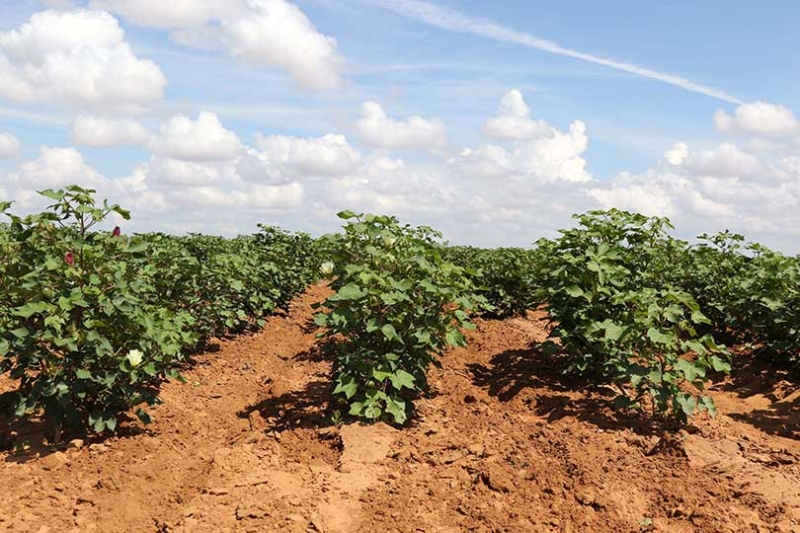The U.S. Department of Agriculture’s (USDA) National Agricultural Statistics Service (NASS) released the results of the 2021 Organic Survey, which show total sales of $11.2 billion in organic products, an increase of $1.28 billion, or 13%, from 2019.
There were 17,445 certified organic farms, a 5% increase from 2019.
California continued to lead the nation in certified organic sales with $3.55 billion, which is 32% of the U.S. total. It also led all states with 3,061 certified farms and 813,710 certified acres. Washington ($1.14 billion), Pennsylvania ($1.09 billion), Texas ($572 million) and Oregon ($386 million) round out the top five states for value of organic sales.
“The continual rise in interest for updated organics data is consistent with the growth of this important sector,” NASS Administrator Hubert Hamer said. “These comprehensive and essential, national- and state-level data are critical for producers, businesses and policymakers in determining growth and trends in the organic industry.”
The top sectors and commodities in value of sales in 2021 were:
- Livestock and poultry products: $2.86 billion, up 15%
Milk: $1.63 billion, up 3% - Vegetables: $1.91 billion, down 8%
Lettuce: $276 million, down 31% - Fruits, tree nuts, and berries: $2.2 billion, up 9%
Apples: $629 million, up 32% - Livestock and Poultry: $2.20 billion, up 32%
Broiler chickens: $1.51 billion, up 35% - Field Crops: $1.50 billion, up 27%
Corn for grain: $424 million, up 53%
Other top organic commodities with the greatest gains in value of sales from 2019 were soybeans (122%), blackberries (42%), eggs (38%), onions (24%) and broccoli (24%).
Marketing practices in the certified organic farming sector showed that $2.02 billion in organic products were sold directly to retail markets, institutions and local/regional food hubs.
Another $310 million in organic products were sold directly to consumers at farmers markets, on-farm stores and stands, roadside stands or stores, pick-your-own operations, community-supported agriculture farms and online markets.
The value of processed or value-added products such as jam, wine, cheese and meat accounted for $707 million.
The survey also asked farmers about plans for future production. Twenty-eight percent of farms plan to increase their level of organic production. A total of 1,558 certified organic farms have 196,923 additional acres in the multi-year transition period required for land to become certified as organic. An additional 657 farms not currently certified reported 62,069 acres of land transitioning to organic production.
The 2021 Organic Survey, conducted in coordination with USDA’s Risk Management Agency (RMA), is a survey of all known U.S. farms and ranches with certified organic production in 2021 as well as those transitioning into organic production. Producers must meet the standards set by RMA’s National Organic Program and be certified compliant by an approved agent of the program. Additional survey results as well as the results of previous NASS organic surveys are available at www.nass.usda.gov/organics and in NASS’s online Quick Stats database.

